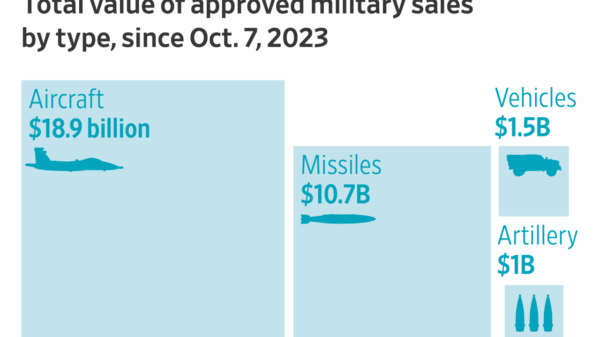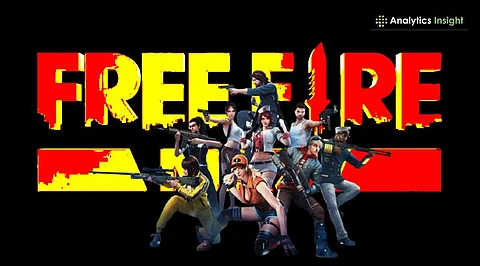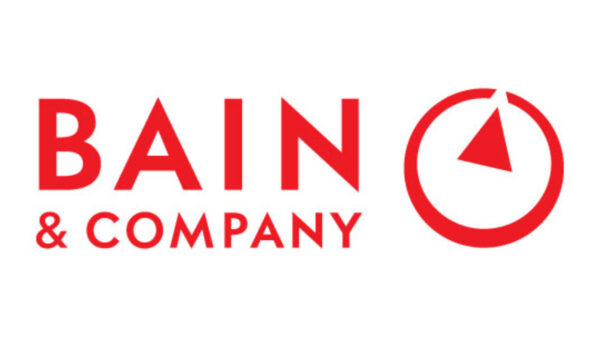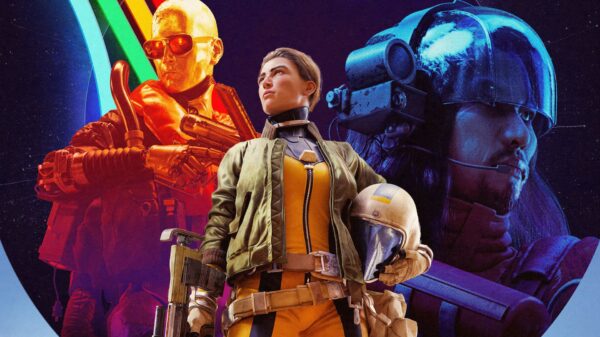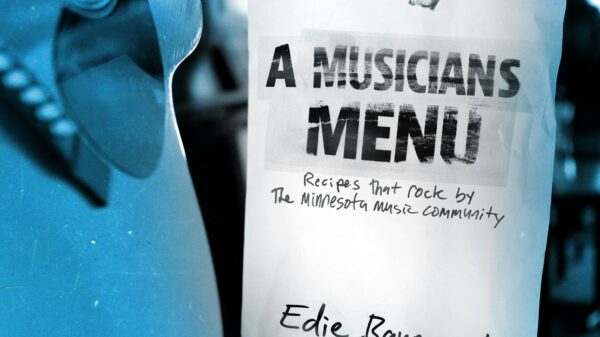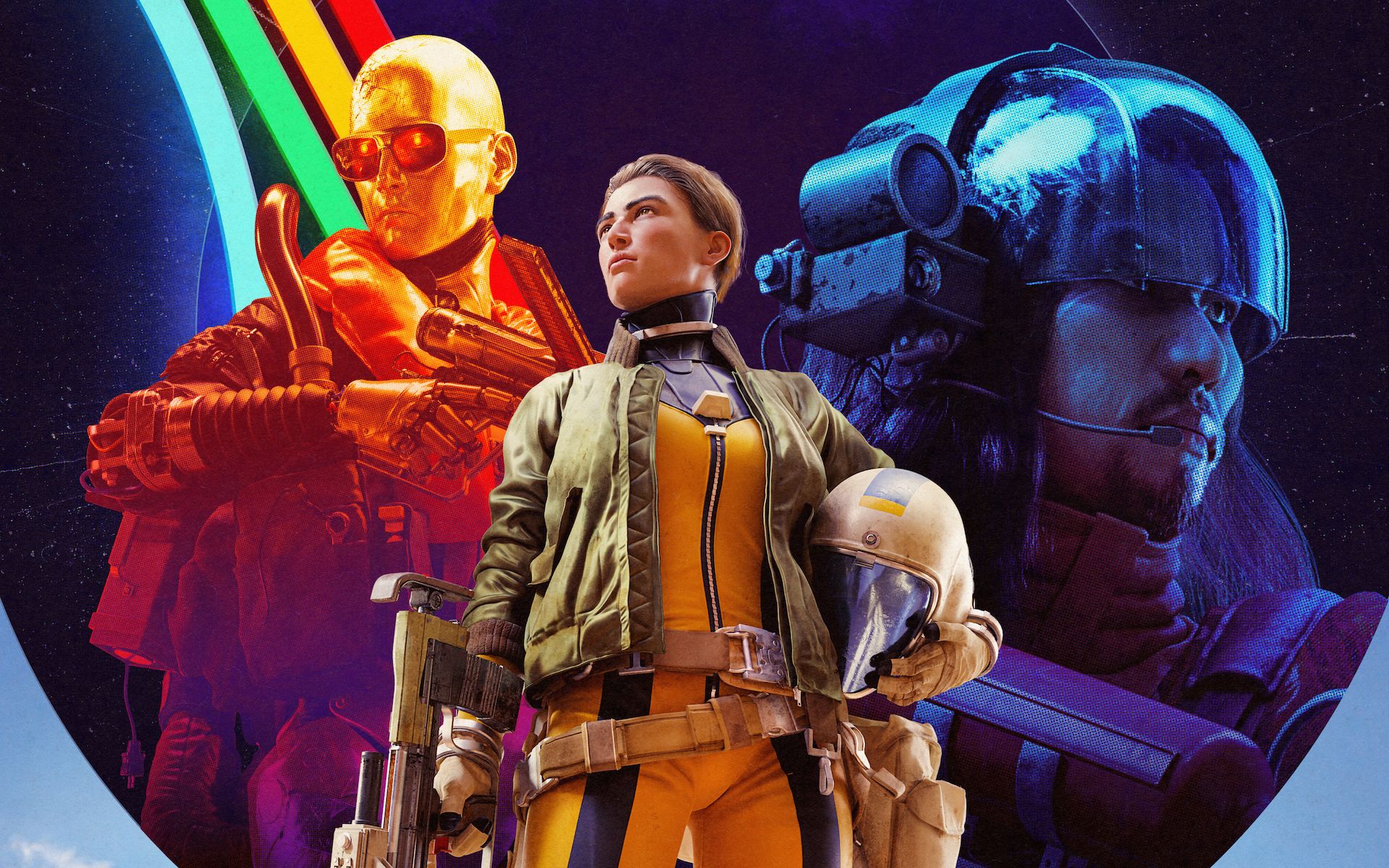The gaming industry is witnessing a significant debate over the role of artificial intelligence in game development. Junghun Lee, CEO of Nexon, recently asserted that AI tools are pervasive in the sector, a claim that has been met with skepticism by many game developers. Speaking to Japanese publication Game*Spark, Lee emphasized the importance of AI in enhancing efficiency in game production and operations, stating, “I think it’s important to assume that every game company is now using AI.”
Nexon, the publisher of the upcoming title Arc Raiders, has incorporated AI in its development processes. Lee highlighted that as more companies adopt similar technologies, the challenge lies in maintaining competitiveness, advocating for a strategy centered on “human creativity” alongside AI utilization. This perspective aligns with Nexon’s broader vision to leverage technology while prioritizing creative input.
Despite Nexon’s optimistic view, the response from the game development community has been overwhelmingly critical. Many indie developers have dismissed the notion that AI is widespread as “bullshit,” claiming that its use is unnecessary. Xalavier Nelson Jr., creative director at Strange Scaffold, vocalized his opposition on Bluesky, asserting, “We don’t use generative AI at Strange Scaffold, and I can confirm that a *lot* of other studios are not—whether indie or AAA.” He characterized AI as detrimental to the medium, calling it “the thing already making our medium worse.”
Concerns about AI’s influence in the industry were amplified by the launch of Arc Raiders, which faced backlash for its incorporation of AI-generated voice lines. Embark Studios, the developer behind the game, utilized text-to-speech technology to create voice lines based on recordings by human actors. While the studio argued this method allows for rapid content updates, critics contend that it undermines the integrity of the gaming experience.
Other developers echoed Nelson’s sentiments. Kaizen Game Works, creators of upcoming games, stated that their projects contain “no genAI,” emphasizing a commitment to “pure, human nonsense and love.” Chi Xu, producer at D-Cell Games, expressed similar views regarding the importance of preserving creative choice, stating that surrendering creativity to AI tools results in “empty, vapid, and meaningless” work. Meanwhile, Necrosoft, the developer behind the tactics RPG Demonschool, bluntly declared, “Hello, not only do we not use AI we would rather cut off our own arms than do so.”
Not all industry leaders share this skepticism. Tim Sweeney, CEO of Epic Games, responded to criticisms of AI integration in Arc Raiders, calling them political opinions rather than factual assessments. He asserted that the competition among game developers inherently drives the creation of better games, stating, “When tech increases productivity, competition leads to building better games rather than employing fewer people.”
The debate over AI’s role in game development raises critical questions about the industry’s future. Advocates for AI argue that it can streamline processes and enhance productivity, while opponents caution against the potential for diminished creativity and player experience. Nelson articulated this concern, suggesting that reliance on AI represents a “skill issue” within the industry. He emphasized that studios like Strange Scaffold can produce high-quality games without using AI, underscoring a belief in human talent over technological shortcuts.
As the conversation continues, the divide between those embracing AI and those advocating for traditional methods highlights a pivotal moment in gaming. Developers are grappling with the implications of AI, weighing efficiency against the authenticity of human creativity.
Representatives from Nexon did not provide a response before publication, leaving questions about the company’s future strategies and the broader industry implications unresolved. As the gaming landscape evolves, the quest for a balance between innovation and artistic integrity remains at the forefront of discussions among developers and players alike.









